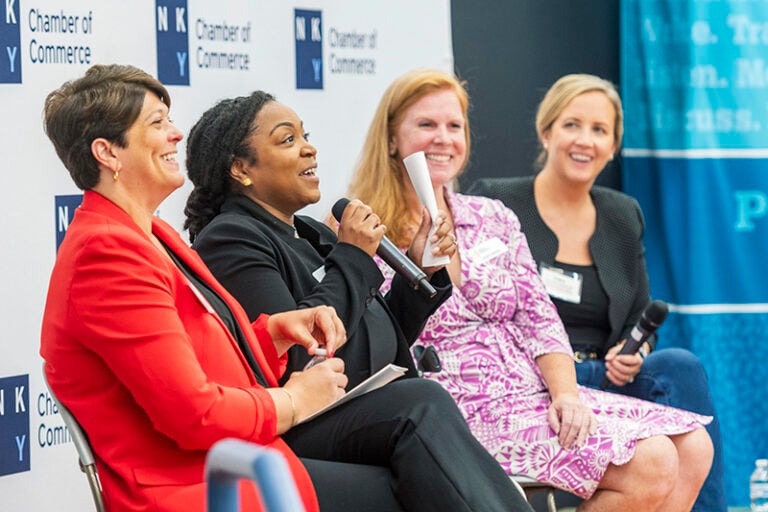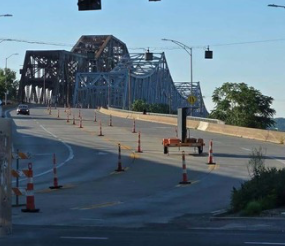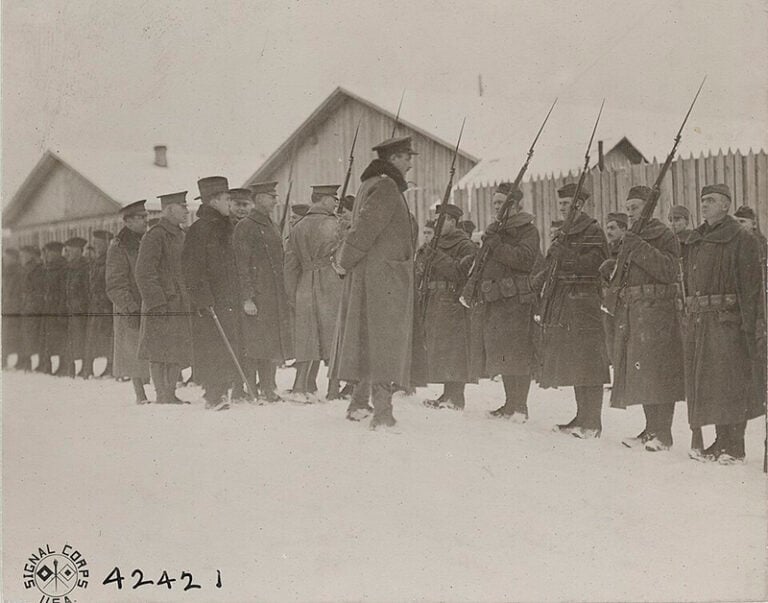Kentucky legislators elected in the 2018 midterm elections have taken office, ready to get to work on setting policy at the local, state and federal levels. As they begin to set the agenda for what they want to accomplish, will Northern Kentucky be a focus for them?
We have a concern that the answer is likely not.
Why?
Northern Kentucky has one of the lowest voter turnouts in the Commonwealth, with Campbell County showing best with a ranking of 81 out of 120 counties. Boone and Kenton Counties were ranked 107 and 108, respectively, in the 2018 midterm election.
Seven races across Kentucky last fall were decided by less than seven votes ‑ including one which ended up in a tie, resulting in a coin-toss to decide the outcome.

In less than five months, Kentucky voters will return to the polls to elect our constitutional officers, including Governor and Attorney General.
The last time Kentucky voters went to the polls to cast a ballot for statewide offices in the May 2015 primaries, a disgraceful nine percent of voters came out to vote in Northern Kentucky. The overall turnout for the state was 12.5% in the 2015 Primary Election. Low turnout means fewer people decide the results.
Based on our dismal voter turnout, it appears the citizens of Northern Kentucky simply don’t care enough to come out and cast a ballot, especially in the primary.
It begs the question, then: why would any candidate for a statewide office campaign in our region? And, more importantly, why would they care about our region’s issues?
Yes, we have a large population, but if another area has more participating voters, statewide candidates and political parties will likely devote their attention there.

Our region’s economy is critical to the overall success of the Commonwealth, and all too often, our citizens complain we are forgotten by Frankfort. I can’t blame lawmakers for forgetting us. Why would they care about us? We don’t care enough to cast a ballot to support a candidate or party.
Think about all the policy decisions which are made in Frankfort by our statewide elected officers: economic development incentives provided to industries, prioritization of infrastructure projects, air quality standards and regulations, lawsuits related to association provided insurance or challenging the pension reform passed by the Legislature.
Don’t you want your voice to be heard?
The next election is Tuesday, May 21. What are you going to do to help encourage your colleagues, neighbors, friends, and family to get out and vote?
As a business community, what can we do to encourage more voters to cast a ballot in May? Did you know by law, employers are required to provide employees with four unpaid hours to vote on Election Day? Does your employer include information about voting in your employee newsletters or weekly staff meetings? Can the business community do more to encourage interest in our civic duty, perhaps with events like candidate forums?
The Northern Kentucky Chamber will lead discussions across a wide variety of platforms in the coming months to encourage registered voters to come out on May 21.
If we all do our part, our region will no longer be considered an afterthought for any candidate running for elected office in the Commonwealth.
Kristin Baldwin is vice president of Public Affairs and Communications at the Northern Kentucky Chamber.


















I question whether voter turnout has much to do with the KY legislature’s disposition about the Northern KY region. That’s sophomoric simplicity. Part of the issue is the number of legislators representing the region and the perception that the predominant number from other parts of the state have about Northern Kentucky; that is political power. In many respects the urban areas in the Northern KY – Lexington – Louisville triangle are distinct from the rest of the state, especially Northern KY. Over three decades of living here and traveling throughout the state, I have heard repeatedly that, “Oh, you’re part of Cincinnati. You’re not really Kentucky.” If that comment has any veracity, I suggest that the author look at the more complex issues that are behind the political separation of Northern KY from much of the rest of the Commonwealth. And, always follow the money.
File suit to configure every district to be fair, instead of having one be a predictable 60-40 turnout for the Republicans. That will bring out voters. Also, in fairness, tell people their vote actually counts. But now we hear the (Republicans) demonizing candidates, telling lies, and convincing voters of the futility. When the right-wing groups lust only for power, not any form of service, this is what happens. Of Course, that is what (they) want. Time for the rest of us, to turn up and turnout.